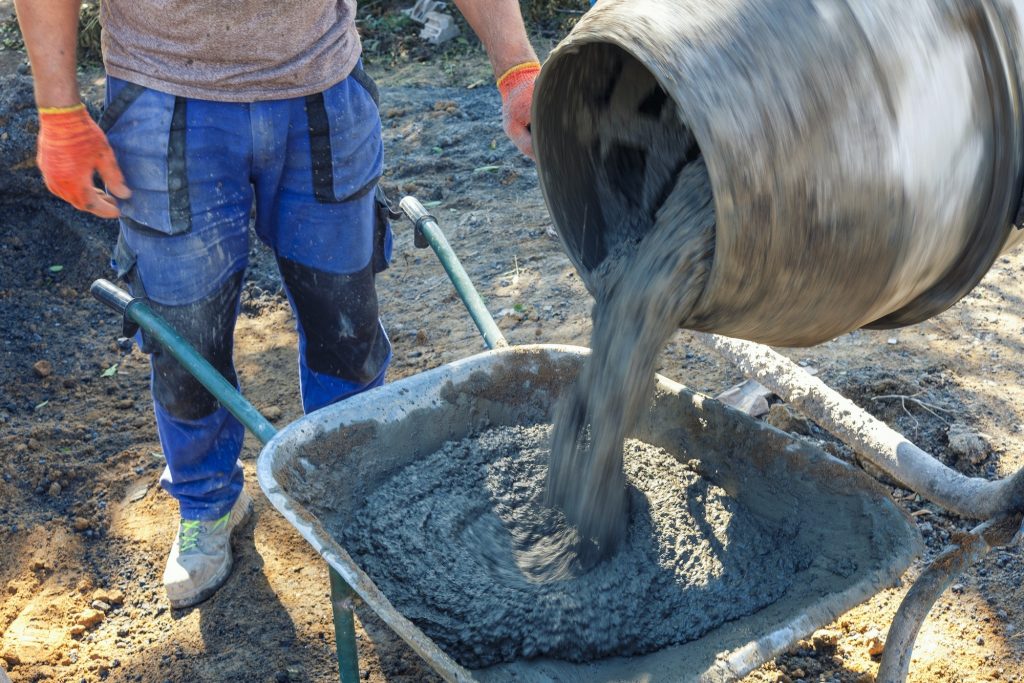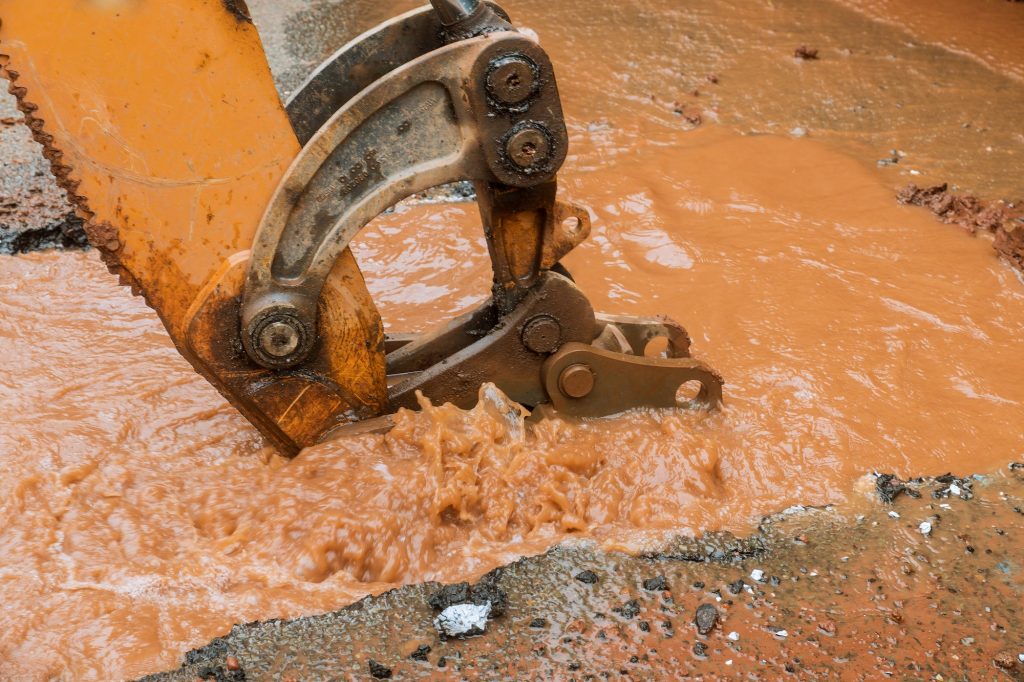Should I Filter My Tap Water?
Using a filter to improve your tap water can be a great way to make sure you have healthy, clean, fresh drinking water for your family. However, you must be aware of the various chemicals and contaminants that may be in your water before you invest in a filter. These include Chlorine, Fluoride, Lead, Minerals and Pesticides.
Chlorine
Using a water filter can help improve the taste of your tap water. It’s a good idea to have one on hand if you’re worried about chlorine or other contaminants. These can cause a variety of issues for those with asthma and other respiratory conditions.
The UK has some of the highest standards in the world for tap water. However, there are still a few unnatural contaminants in the water supply.
The best way to avoid contamination is to have your water tested by a state certified laboratory. These tests will reveal what is in your water and which components are most likely to be harmful to your health.
A water filter can also improve the smell of your tap water. This is due to the chemicals that are filtered out. If you are concerned about odour, consider installing a Brita filter. These filters will last for two to six months, depending on the model you choose.
The taste of your tap water will vary from region to region. Some areas have more chlorine than others. For example, some properties near the River Stour in Essex have higher levels of chlorine in their tap water.
Fluoride
Adding fluoride to water is one of the best ways to protect against tooth decay. There are many advantages to this strategy, but it must be considered as a complementary approach rather than a substitute for other dental hygiene methods.
The UK government recently confirmed plans to add fluoride to drinking water in England and Wales. The new Health and Social Care Bill has the potential to give the government authority to order the nation’s water undertakers to fluoridate water.
The legislation requires that local authorities must consult the public on fluoridation schemes. When this is done, the cost of the scheme will be transferred to the Secretary of State.
The UK is governed by some of the strictest drinking water regulations in the world. The World Health Organization recommends that tap water contain less than 1.5 milligrams of fluoride per litre. However, the majority of areas have lower levels of fluoride than these recommendations.
The UK government is required to report on the health of people living in fluoridated areas on a regular basis. Last year the UK Chief Medical Officers concluded that fluoride added to water is a safe and effective public health intervention.
Lead
Whether you’re a bottled water snob or just a health-conscious consumer, filtering your tap water can make a big difference. For a start, you’ll be able to save hundreds of pounds a year by purchasing filtered water.
In addition, you’ll be able to enjoy more clean and healthy drinking water. And by filtering your tap water, you’ll also be doing your part for the environment.
When it comes to filtration, the most important thing to do is find out where your lead is coming from. The first source of lead contamination is the local water authority.
To get an idea of where your lead comes from, you can call your water provider and ask them. Or, you can take a look at the web site of the public water system in your area. They may have posted a lead in tap water chart or two.
Another good way to find out where your lead is coming from is to run the water through an activated carbon filter. These filters can remove 95% of lead from your water, and are a relatively cheap proposition.
The best way to test your water for lead is to have your water tested. Some public water systems have published guidelines on how to do this.
Pesticides
Whether you live in the UK or elsewhere in the world, you may have been pondering the question, should I filter my tap water? The good news is that you don’t have to. In fact, according to the World Health Organisation, it is the UK that leads the pack when it comes to drinking water quality. If you’re lucky, your water company will remove pesticides below the regulatory minimum. The best part is that the results are drinkable.
While the aforementioned may be the best way to go about achieving this, you might consider a different route. Fortunately, if you’re a homeowner, you can install a quality filter on your own well. Alternatively, if you’re looking for something more elaborate, you might want to take a look at a commercially available water filtering system. The most effective systems use a reverse osmosis process, which is a fancy way of saying pressure is applied to water molecules to force them through a semipermeable membrane. This process eliminates most of the contaminants, leaving you with a clear glass of drinking water.
While there are no guarantees, a little bit of research should prove you’re making the best choice for your family’s future.
Minerals
Adding minerals to tap water is not always a good idea. The reason is that they can build up and cause a number of problems.
Magnesium and calcium are two of the most common minerals found in tap water. These minerals are important for maintaining the structure and function of muscles, bones, and connective tissue. They are also necessary for blood cell turnover and the immune system.
Sodium is another essential mineral. It helps regulate blood pressure and balances fluids in the body. It is also important for the formation of bones.
Copper is also a crucial mineral. It is required for the formation of bone and the immune system. It is also important for blood clotting. It is present in whole grains, seeds, and nuts.
Some people choose to filter their tap water in order to remove contaminants. This is an effective way to remove minerals from water, but it is not as effective as reverse osmosis.
There are also water softeners that can help remove these minerals from tap water. They are not cheap. They can change the taste of the water and may also affect appliances.
The bottled water industry adds minerals to enhance the taste of their products. They are regulated by the FDA and must meet specific standards for mineral content.
Cloudy appearance
Several reasons can lead to a cloudy appearance in your tap water. Most of the time, the quality of your water will not be affected. However, if the color of your water changes significantly, you should have your water tested by a professional.
Air bubbles are one of the most common causes of cloudy tap water. When your faucet is turned on, the air pressure is increased, forcing the air into tiny bubbles. Over time, the bubbles will dissipate, leaving behind clear water.
Adding a water softener to your home will not only remove hard water from your tap, it will also provide cleaner fixtures and healthier skin and hair. Another option is installing a reverse osmosis filtration system to filter out harmful bacteria and chemicals.
Another common cause of cloudy tap water is excess air pressure. This occurs when your water tower or water distribution line is under pressure. It is similar to opening a bottle of soda. The dissolved oxygen in the water rises rapidly, forming swirling clouds of bubbles.
Another reason for a cloudy appearance in your tap water is hard water. This type of water contains a high concentration of minerals. This can have many negative effects on your body, including dry skin, brittle hair, and cracking and flaking skin.
Limescale
Having limescale in your tap water can be a frustrating problem. It can cause problems for your appliances, including shower heads, kettles, and irons. In addition, it can be environmentally damaging.
There are many devices available to filter your tap water. Some are effective, while others are not. Some can be found for less than PS15. These filters are designed to remove harmful chemicals, salt, and impurities from your tap water. However, they might not improve the taste.
Another type of filter is called a scale inhibitor. It uses a phosphate-based chemical to stop limescale from forming. Generally, it is introduced in small amounts. It is not a good substitute for a real water softener.
Finally, there are magical magnets that claim to soften your water. In the lab, these devices have been found to not work. The best alternative is to buy a water filter. These are used to remove limescale from your tap water.
A common ingredient used in scale inhibiting filters is food grade polyphosphate. It helps prevent scale from forming on surfaces and prevents the buildup of calcium and magnesium minerals in your water.
A water filter can be fitted under your kitchen sink. This ensures your tap water is free from impurities and can help extend the life of your appliances. It can also provide a cleaner taste.



